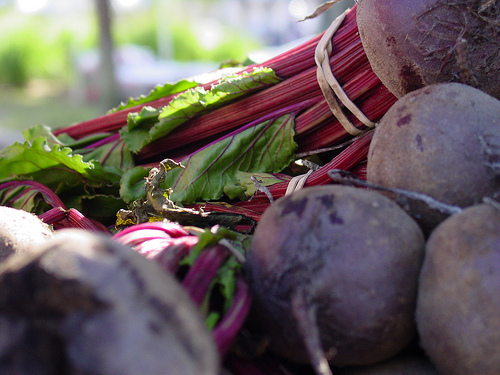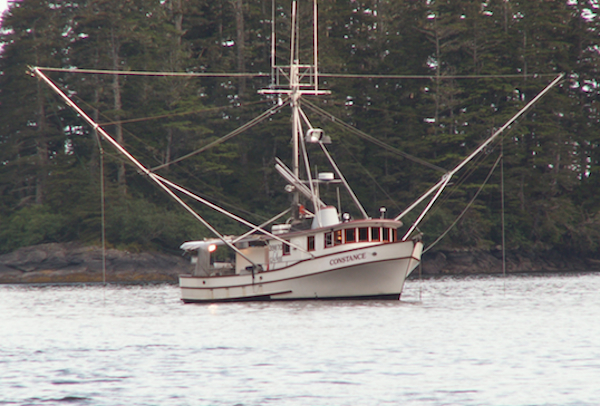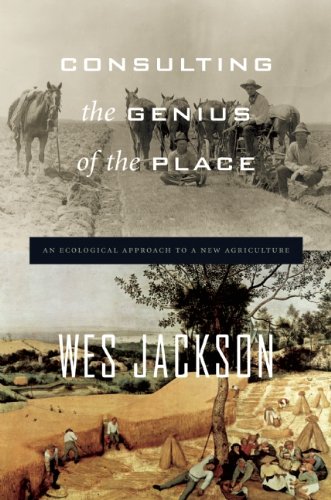NCGA Urges Consumers to Say ‘No, Thanks’ to GE Beets
It may be our last chance to say “beet it” to genetically engineered (GE) sugar beets. The National Cooperative Grocers Association (NCGA) encourages consumers to voice their opinion on GE sugar beets to the U.S. Department of Agriculture (USDA) by Dec. 6 though the USDA’s public commenting period on the issue.





